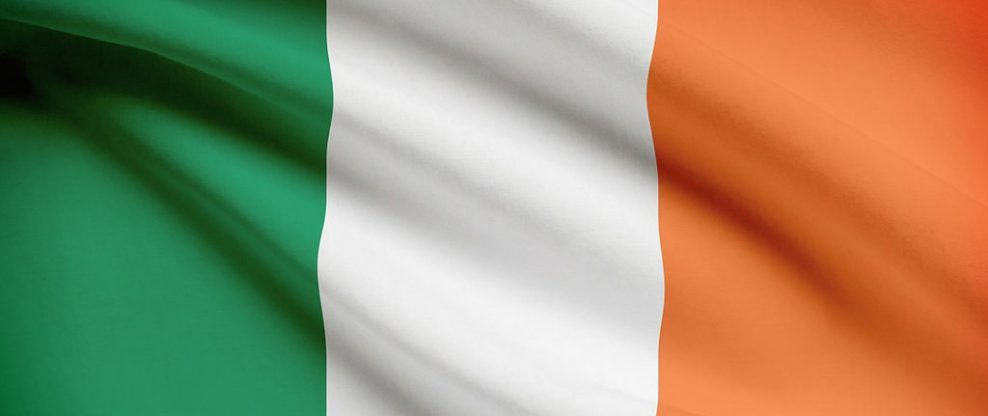DUBLIN (Hypebot) — The frustration faced by concertgoers after seeing tickets to their favorite band snatched up by a secondary seller is by now commonplace, but could soon be a thing of the past in Ireland where a new bill has been put in motion which would ban such for-profit sales.
_____________________________
Guest post by Bobby Owsinski of Music 3.0
Don’t you feel ripped off when you try to buy a ticket to see your favorite artist and the only ones available are from a secondary ticket broker at an inflated cost? If you live in Ireland, those days may be gone soon as the government has thrown its support behind a bill outlawing the resale of tickets above face value.
What that means is that you can sell a ticket that you bought for the same price as is on the ticket, but not more or you’re breaking the law.
Two Members of Parliament did a study of the ticket scalping problem over the last year, even including secondary ticket brokers StubHub, Seatwave and Viagogo in the discussion, and found that ticket buyers needed the extra protection, hence the introduction of a bill that the government has indicated it will accept.
While this is just in Ireland, it will be interesting to see if a similar bill is soon introduced in the U.K. and EU and eventually in the U.S. While many artists, managers and promoters have tried to hold the line with ticket prices, many have used the secondary market as a way to extract higher prices from consumers without actually having to raise the face value of the tickets. Recent legislation to ban high-speed bots, which are the primary way that secondary sellers scoop up the good tickets before normal buyers even get a chance, is also another way that secondary pricing can be controlled.
Concert and sporting tickets are expensive even without the extra markup from a reseller. It’s bad enough that consumers are saddled with “convenience” fees, or the extra charges just for the privilege of purchasing a ticket. Let’s hope that this new bill in Ireland will be the first of many countries to fall in line.





























